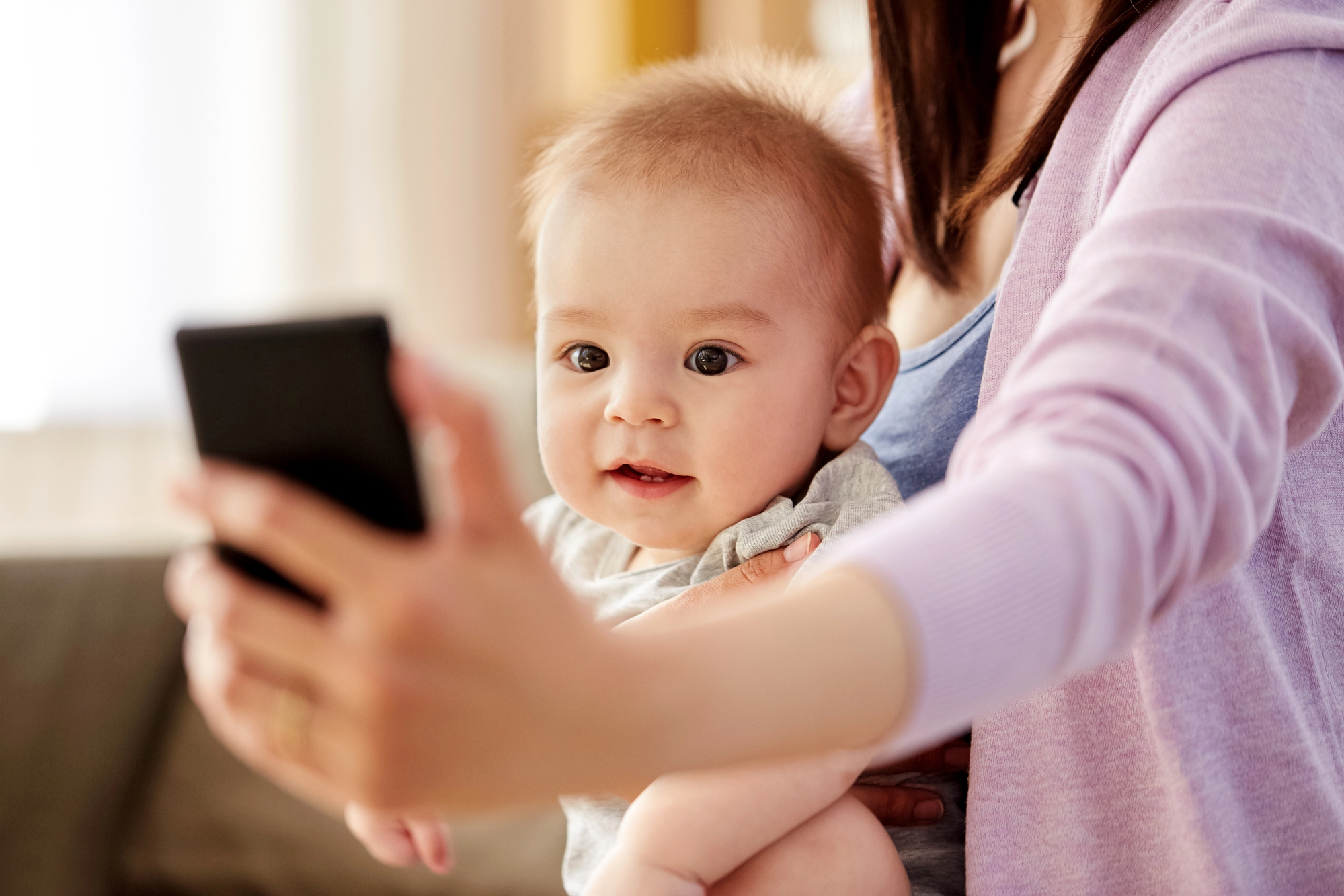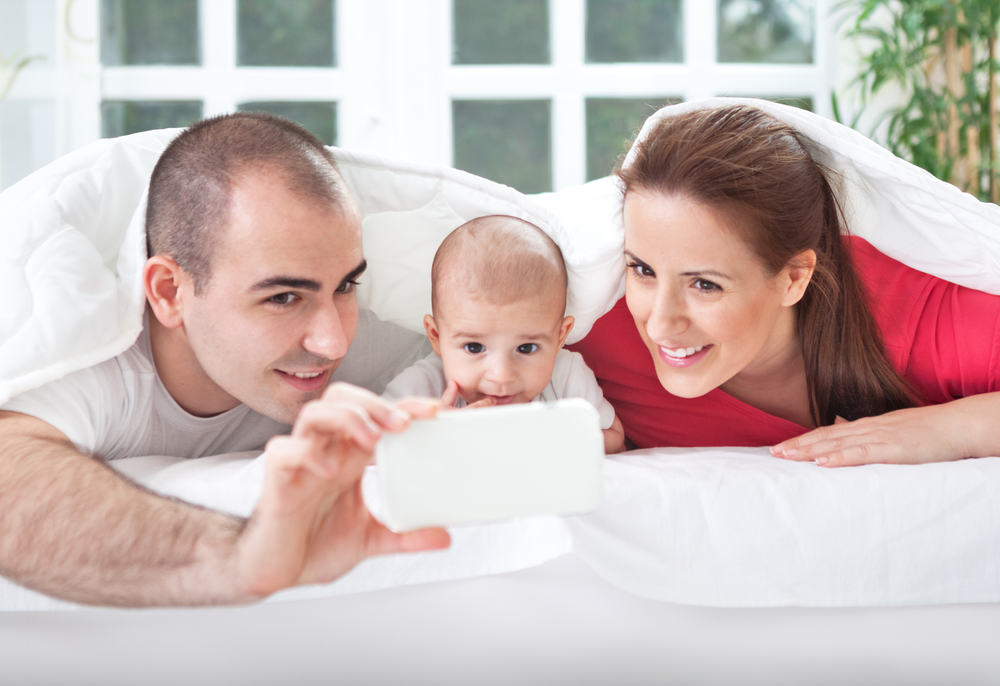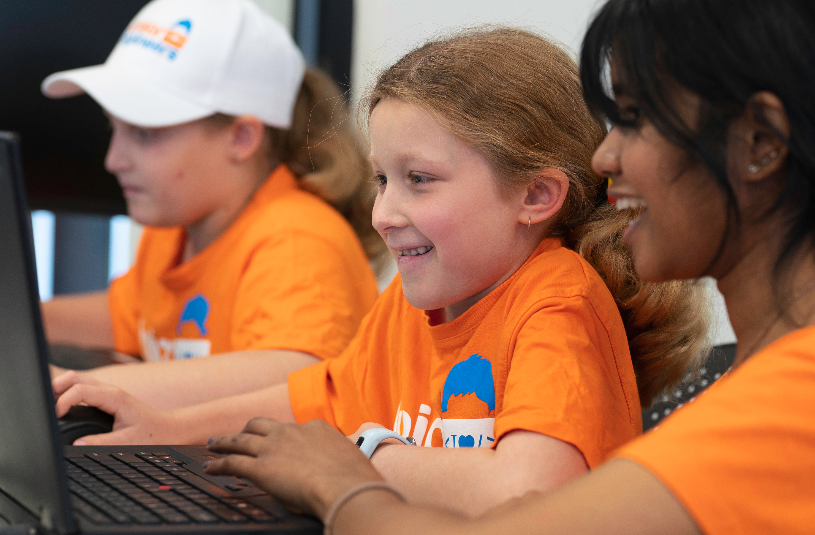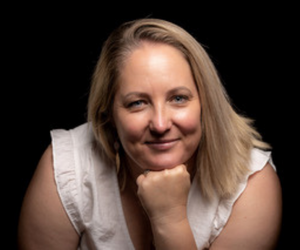Parent Question – Hi there, my wife and I are looking for some guidance in relation to supporting our two young children from potential adverse consequences from sharing their photos online.
We are stuck as to what is appropriate when there is no general rules for whether it’s safe to share their photos online or for school and sporting group to share photos of our kids to their social media accounts.
We want to do the right thing for them but not be completely unreasonable either. Any thoughts or guidance on this topic?
Kristi’s Answer – As parents, we absolutely need to consider the potential implications of sharing our children’s images online and the potential implications on their futures. It’s not something a lot of parents think ahead on and it is something we can regret later on.
I know I certainly have regrets with my own daughter, even though these types of conversations/considerations are fairly new for parents and social media users.
So here are some key points/questions to help you in your decision-making process before posting a photo
1. Who are you posting the photos of your children online for?
– Is your account private or public?
– Do you post online for the purpose of sharing with close friends and relatives?
– Are you using social media as an online photobook?
– Do your family/friends pass the ‘dinner table’ test?
There is nothing wrong with posting photos online as long as you have considered the possible risks of doing so (which you obviously are).
Firstly, when we post online, we lose all rights to those photos as a condition of using the social media app. As stated in the terms and conditions of the app when we agreed to sign up, “you grant us a non-exclusive, transferrable, sub-licensable, royalty-free worldwide license to use any IP content that you post on or in connection with the app”.
This means once an image or video is posted, the social media company OWNS all the pictures, videos, posts, private messages, ANYTHING you have on your page and it is now licensed to the app and can be sold for media and marketing purposes or whatever they choose to do with the images in the future.
Secondly, does your friends, family and followers pass the ‘dinner table’ test? I tell kids if they wouldn’t have the friend or follower over for dinner at their house and that they wouldn’t feel comfortable having them in their home, then they aren’t someone we should be sharing personal information or photos/videos with.
The same could be said with our children’s photos. If the person or persons aren’t someone who you’d sit down with and have a meal or share your home with, we shouldn’t share our children’s photos with them.
Now would be a good time to look at the friends and followers you have on your accounts and unfriend/unfollow those who don’t pass the ‘dinner table’ test.
2. Do you have concerns or fears in regards to someone not known to you having a copy of your child’s image?
– If someone was to re-post your child’s image, would this bother you?
– Are you worried about identity theft or someone misusing your child’s images?
Quite often I’ll have a parent who is doing everything they can to keep their children’s images safe from strangers contact me because they have family members sharing their children’s images indiscriminately. The most common offender of this is grandparents.
A lot of our older generations have very little concerns with oversharing because of their lack of knowledge of the dangers online and their pride over their family/grandchildren. If this is a concern of yours, a conversation with the family/friends is required with strict guidelines/boundaries.
However, sometimes the conversation isn’t well received due to the grandparent’s beliefs and opinions. I have previously advised parents to NOT openly share photos with the ‘offending’ family member due to their lack of respect of your boundaries. As hard as this is, our families don’t OWN our kids or the rights to share their images (just as we don’t own their images or the right to do so) and therefore it can be the only way to manage the risk.
The misuse of children’s images is a real threat in the current online environment. Unfortunately, online predators and scammers have no qualms with using our children’s images for their own gains and perversions. Once a photo is posted, we have NO control over who uses it or what they do with it and with the environment shifting with Artificial Intelligence (AI), we really are losing the battle over control of our images and photos.
3. Are you concerned about your child’s details being shared online through schools, sporting groups?
– Does the school/community group share children’s names or identifying details when posting photos?
– Are the images/videos in a private group of parents/caregivers or public?
– Do you have the option to opt-out of photos being shared online?
I have a mixed opinion on photos being shared online for school/community groups. I understand the need for the photos being shared but again in most instances, you have no control over the recipients or viewers of the images/videos if these accounts are public.
I have often opted-out of allowing my daughters images being used online by schools and sporting groups in the past due to the need to protect her identity and for the purpose of her safety. I know from my experience, certain ‘groups’ of the public will follow school and community accounts in order to obtain photos of children for their own perversions.
I feel that there is no real need for my child’s images to be shared by anyone other than myself with her permission/consent and therefore always opt-out and refuse permission in these cases.
When she is 18, she can decide what happens with her images but it is of no loss to her if she isn’t included on school/community group social media accounts.
So now that I have completely confused you some more, here are my PERSONAL guidelines:
- Only post photos of your children to PRIVATE social media accounts with friends/family who pass the ‘dinner table’ rule.
- If you are not comfortable with the social media company having exclusive rights to your photos, consider having a private group on an app with end-to-end encryption for sharing photos/information with relatives/family or friends. (they can’t see your content or so we are led to be believed by META etc.)
- Have conversations with your family/friends about your expectations and reasons for why you want them to NOT post, share or re-share photos of your kids online. That is your right to do so and you have the right to enforce this for your child’s safety.
- If you post photos to a public account, post ‘artistic’ photos which don’t show your child’s face. There are some tasteful ways to do this.
- Be careful how much information and what you share about your kids online. Ask yourself, would I want people to know this about me if I was my child? A lot of kids don’t want their personal stories and information shared online and we should be mindful and conscious of this.
- Do not tag or share your locations on social media. In fact, turn of ‘location settings’ in your phones/devices settings so your photos aren’t ‘geotagged’ with the location. This stops anyone being able to reverse search the photo’s location and find where it was taken and where you frequent.
- Always ask for consent before taking photos or posting online. One of the ways we can teach and model consent to our children is to ask permission/consent by asking our children, partners, co-parents, family members before taking photos. I say things like ‘Hey, is it ok if I take a photo of us together?’ and if I intend to post online, ‘Do you mind if I post this on my public/private social media account?’ ‘Would you like me to tag you in the post?’ or if I only intend to share the image/video privately will let them know what I intend to do with the photo/video. If they say ‘no’ then we should always respect their decision and take a photo when they are ok with it. For older kids, we can explain what we are taking the photo for and where the photo will be shared.
Personally, I don’t post photos of my daughter on my social media much anymore, especially on my public/business accounts. She has been known to answer questions off screen but never with her face in them.
I always ask her consent and permission before taking photos and especially before posting privately. I still take photos often but they are for me and in my ‘camera roll’ and will be saved onto my computer for the future.
I also ask her consent before sharing personal stories or information and don’t share anything she hasn’t given me permission to share.
She’s much older now but this has been our normal for a while. I have been known to ask people to remove images/videos of my daughter from social media and also ask people to NOT video/photograph her/us if I haven’t known them or wanted to be photographed. Most people are decent and stop and remove the images/posts if we ask.
Hopefully, that helps make your decision easier. Go with your gut and know that by making conscious choices, you are doing a wonderful job as parents in this very uncertain online environment.
For more in-depth information and advice on posting online or protecting your children from online grooming and abuse check out my book Operation KidSafe – a detective’s guide to child abuse prevention via www.cape-au.com/book or on Audible via www.cape-au.com/links
Kristi x









